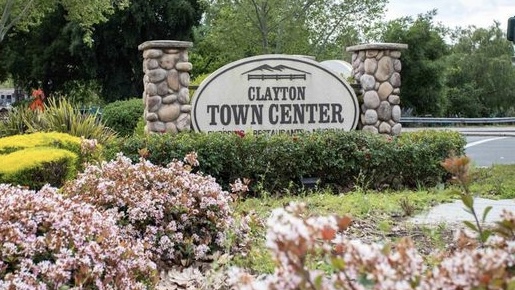Artist Vladislava Dihtyarenko never imagined during the war in Ukraine that she would find her love and get married in her native city, Kharkiv, which comes under shelling almost every day.
“It was the best wedding I have ever been to,” Dikhtyarenko told The Inquirer via the social media app Telegram. “It’s really what I dreamed of.”
Since February 2022, Russia’s invasion of Ukraine and the bloody conflict that followed has resulted in thousands of Ukranians civilian deaths, and an estimated half million soldiers killed among Russia’s and Ukraine’s forces combined. Nearly 6 million Ukrainians have become refugees in Europe alone, with more fleeing to the United States and elsewhere.
At 25, Dikhtyarenko is soon expecting a child. Though she comes from a well-off family that could have helped her relocate to another country to escape the war, she said she remains committed to her hometown, where she plans to stay. She is part of a generation of young Ukrainians who, despite growing up amid the daily fear and terror of Russian aggression, are managing to live their lives, set goals, make career plans and feel motivated to pursue their dreams.
That includes teenagers like Valeriia Hensirovska, who is also busy developing her personal and professional life as the war thunders on around her. Hensirovska, a 17-year-old student born and raised in the port city of Odesa, said she turned her full attention to her academic future as a way to make the most of wartime.
“Since the beginning of the war, I began to study more and prepare for exams,” said Hensirovska. And, “as a result, I passed the exams and was accepted at Odesa Mechnikov National University, which is one of the best universities in our country.”
More than a year and a half since the war began, many young Ukrainians have experienced small but meaningful victories that have moved their lives forward.
For example, Inna Sukhorukova, a 24-year-old social media manager from the Ukrainian city of Zaporizhzhia — which for a time was an epicenter of Russian attacks — began attending driving courses during the outbreak of the fighting last year.
“Getting my driver’s license was my dream once, and in the midst of the war, I decided that it would be very cool to have it because different things can happen,” said Sukhorukova. “That’s why I went to driver’s license school. I almost finished my studies and had to pass the exam, but my city was heavily shelled, so I decided to move to another place.”
Once she had resettled with a host family in a safer and quieter city, Sukhorukova was able to continue pursuing her goal. The family supported her like their own daughter, she said, which allowed her to stay on the path she hoped her new life could take.
“At some point, I still understood that I had to finish my studies, so I immediately went to Zaporizhzhia for the driver’s license exam and I passed it,” she said. “I was very happy about it because now I’m not scared of anything.”
To the outside world, the tragedy unfolding in Ukraine may appear to put a pause on civilians’ lives. But to young people like Sukhorukova who are living with the daily reality of war, it’s also a time to make plans — and act on them.
“I don’t have much experience now,” she said, “but in a country where there is a war, a driver’s license can help.”







































































